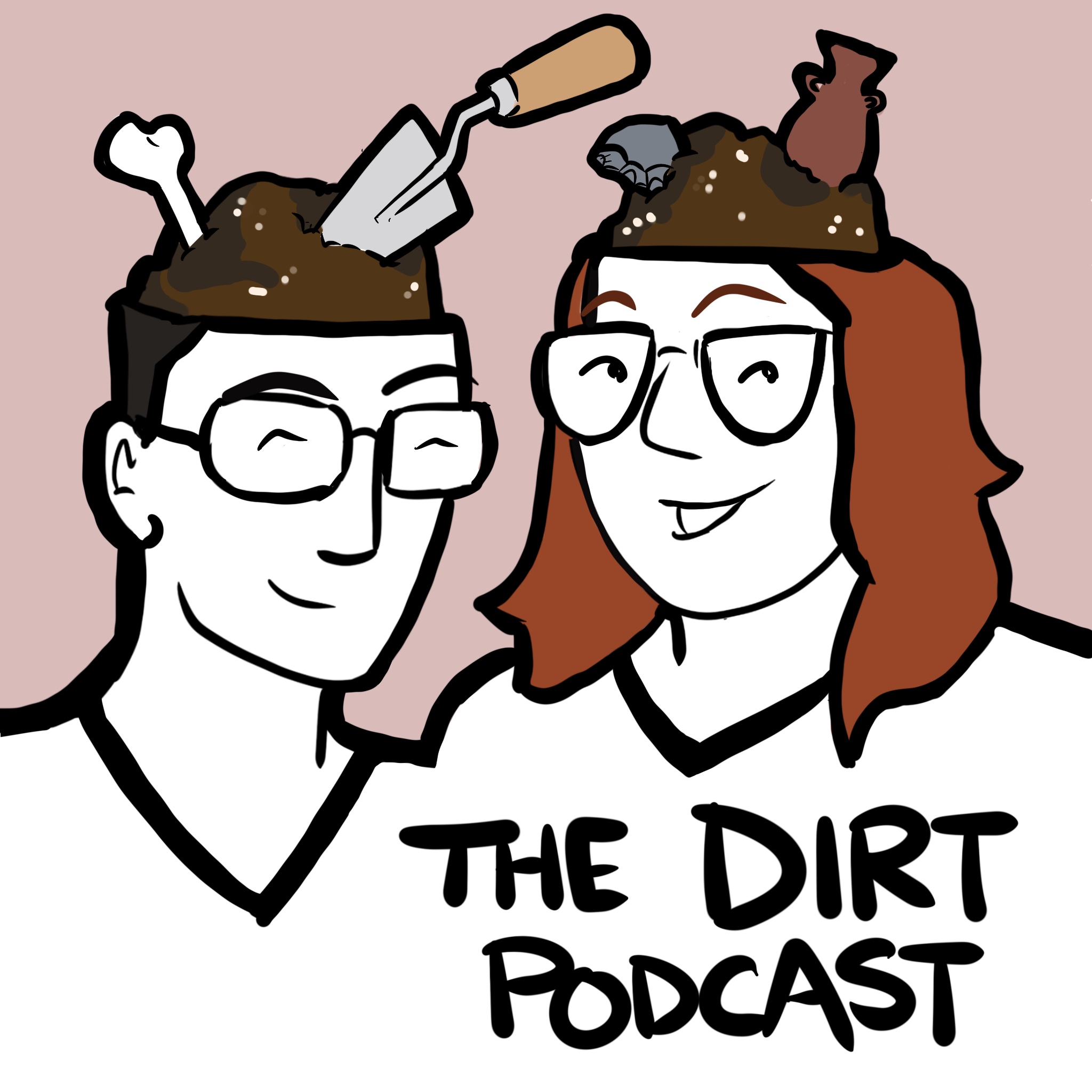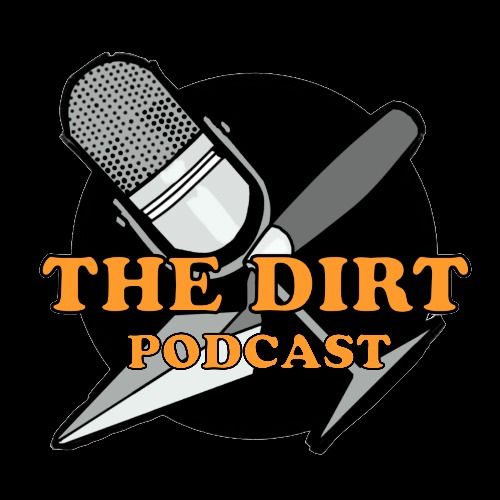Episode 23
Happy Chrono-kah!
This week, Anna and Amber are in the holiday spirit and ready to celebrate Chrono-kah! A holiday that we just made up where we try to fathom the immensity of time! What's the difference between the Stone Age and the Paleolithic? When is North America finally going to enter the Bronze Age? Why do we call this year 2018? Were the early Middle Ages faked? Some of these questions are easier to answer than others.
To learn more about what we discuss this week, check out these readings:
It’s about time: historical periodization and Linked Ancient World Data. (Institute for the Study of the Ancient World)
Human Origins: Early Stone Age Tools (Smithsonian Museum of Natural History)
Human Origins: Middle Stone Age Tools (Smithsonian Museum of Natural History)
Human Origins: Later Stone Age Tools (Smithsonian Museum of Natural History)
Oceania, 8000–2000 B.C. (The Metropolitan Museum of Art)
Time Computations and Dionysius Exiguus (SAO/NASA Astrophysics Data System)
High and Low Chronologies of the Mediterranean Bronze Age (ThoughtCo)
Bibliography: Absolute Chronology of the Early and Middle Bronze Age in the Aegean
Statute of Westminster, The First (1275) (UK National Archives)
Phantom time hypothesis (Wikipedia)

